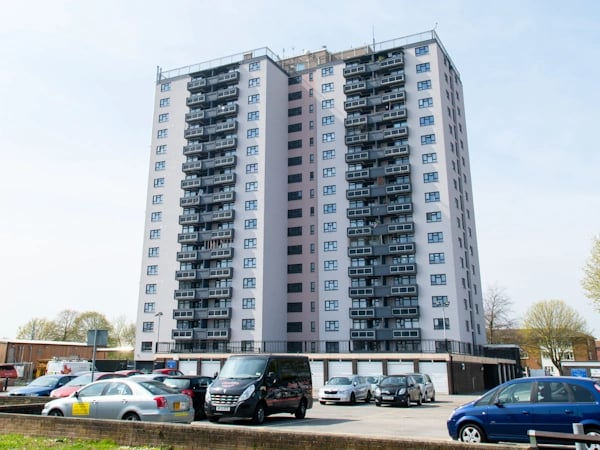Housing associations play a pivotal role in the UK's housing sector. These non-profit organisations focus on providing affordable housing, particularly for those who might otherwise struggle to secure a home. Governed by regulations and funded through rent, government grants, and borrowing, housing associations reinvest all profits back into property maintenance, building new homes, and community services, making them a cornerstone of the UK's social housing policy.
The Importance of Housing Associations to UK Residents
Housing associations are more than just landlords. They are essential for many UK residents who depend on them for safe, affordable, and quality housing. These organisations not only provide homes to those on low incomes or with individual needs but also contribute to community development and support services. This approach helps tackle broader social issues, like homelessness and poverty, reinforcing the societal fabric and offering stability to those who need it.
The Trend of Merging Housing Associations
Recently, there's been a noticeable trend of housing associations merging. This phenomenon is driven by several factors, including the desire for greater efficiency, the need to pool resources for larger development projects, and the ability to offer a wider range of services. In an era of financial pressures and regulatory changes, these mergers are seen as a strategic move to strengthen the sector's ability to serve its communities effectively.
Strategic Mergers for Future Development
Sovereign and Network Homes merged to create the Sovereign Network Group (SNG), a move driven by efficiency, financial strength, and the ability to build more homes. With 82,000 homes, SNG aims for an £830m annual income in 2024-25 and plans to invest £9.2bn over the next decade to build 25,000 homes.
Other recent examples include Optivo Housing and Southern Housing Group merging to form a 77,000-home group, while One Housing Group joined Riverside to become a 75,000-home landlord. Last April, Peabody and Catalyst merged to create a 104,000-home group.
What are the causes of merging housing associations
The drivers behind the merging of housing associations are multifaceted. Primarily, economic pressures and a challenging funding environment are key motivators, compelling associations to consolidate resources for greater financial resilience. Additionally, regulatory changes and increased expectations from stakeholders encourage associations to merge, aiming for enhanced service delivery and operational efficiency. These mergers also enable housing associations to share best practices, harnessing combined expertise to address complex housing needs more effectively. By pooling resources, merged entities are better positioned to invest in new technologies and infrastructure, further strengthening their ability to serve communities and respond to the growing demand for affordable housing.
What is the impact on residents?
For residents, the impact of these mergers should largely be positive. Larger organisations can leverage economies of scale, potentially leading to better services and more investment in housing stock. However, there are concerns about the potential loss of local knowledge and a personal touch. It's crucial that these merged entities maintain their focus on residents' needs and continue to engage with communities to ensure that the benefits of merging are felt by those they aim to serve.
The Future of Merging Housing Associations
Looking ahead, the trend of merging housing associations seems likely to continue. The focus will be on creating sustainable, large-scale organisations capable of tackling significant housing challenges. The future landscape may see fewer, but stronger, associations, equipped to deal with financial challenges and better positioned to influence policy, invest in communities, and provide a wide range of housing options to meet diverse needs.

The merging of housing associations marks a notable evolution in the UK's social housing landscape. Motivated by the pursuit of efficiency and scalability, these developments must remain focused on the needs and well-being of residents. As this trend progresses, it is expected to influence both the housing sector and the wider social context of the UK in a meaningful way.













.png?width=397&height=365&name=CPDmember%20(1).png)


